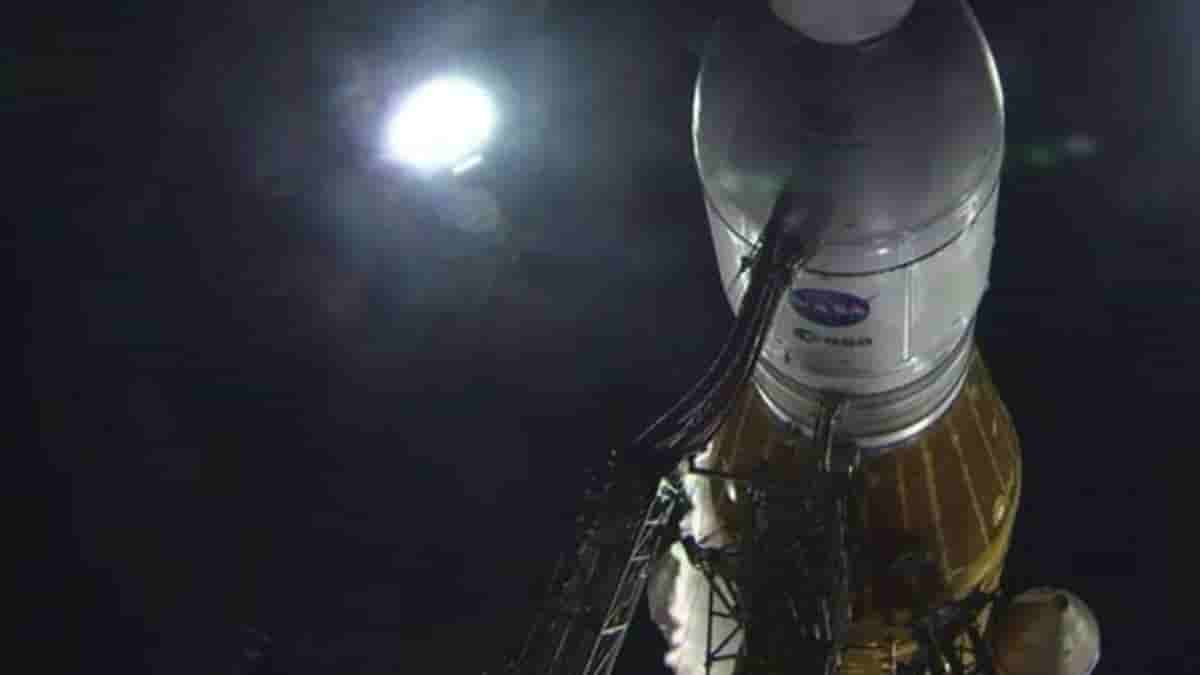Artemis I Launch: NASA’s Moon Mission Launch Aborted after Engine Problems

NASA canceled a planned launch of its powerful rocket, a setback for the agency as it attempts to rekindle its lunar ambitions.
NASA intended to launch the uncrewed Artemis I mission on Monday, the first step in the United States space agency’s drive to land people on the moon for the first time since 1972. The test mission, as well as a series of planned follow-up flights in the coming years, will rely heavily on NASA’s Space Launch System, a 322-foot-tall rocket, and the Orion spacecraft, which will transport crew members on future lunar missions.
Because of problems in fueling the rocket, liftoff from Launch Pad 39B at the Kennedy Space Center in Florida was delayed from the originally planned 8:33 a.m. ET start time. NASA later canceled the mission, citing an issue with one of the SLS rocket’s engines. The next possible launch date is September 2.
NASA intends to take Orion on a six-week journey around the moon and back. The stakes are high for NASA and the list of aerospace companies that contributed to the design and construction of the Artemis hardware, a multibillion-dollar venture whose cost has been criticized. NASA and aerospace corporations such as Boeing Co., Lockheed Martin Corp., and Northrop Grumman Corp. are anxious to demonstrate their ability to complete large, ambitious projects as the commercial space industry gains traction.
NASA Administrator Bill Nelson justified the space agency’s decision to cancel the Artemis I test launch on Monday, claiming that such delays are common in high-risk missions.
Mr. Nelson lauded the program’s engineers, saying they were dealing with a complicated mix of systems and problems that could surface on the launchpad.
“They got to one that took time to solve,” Nelson said during a press briefing on Monday. He described four scrubs on a previous space mission prior to a successful launch.
“When you’re dealing with a high-risk business, and space flight is risky,” he explained.
Artemis I might launch as early as Friday, September 2, but NASA officials have hinted that they may not have a plan in place until Tuesday.


